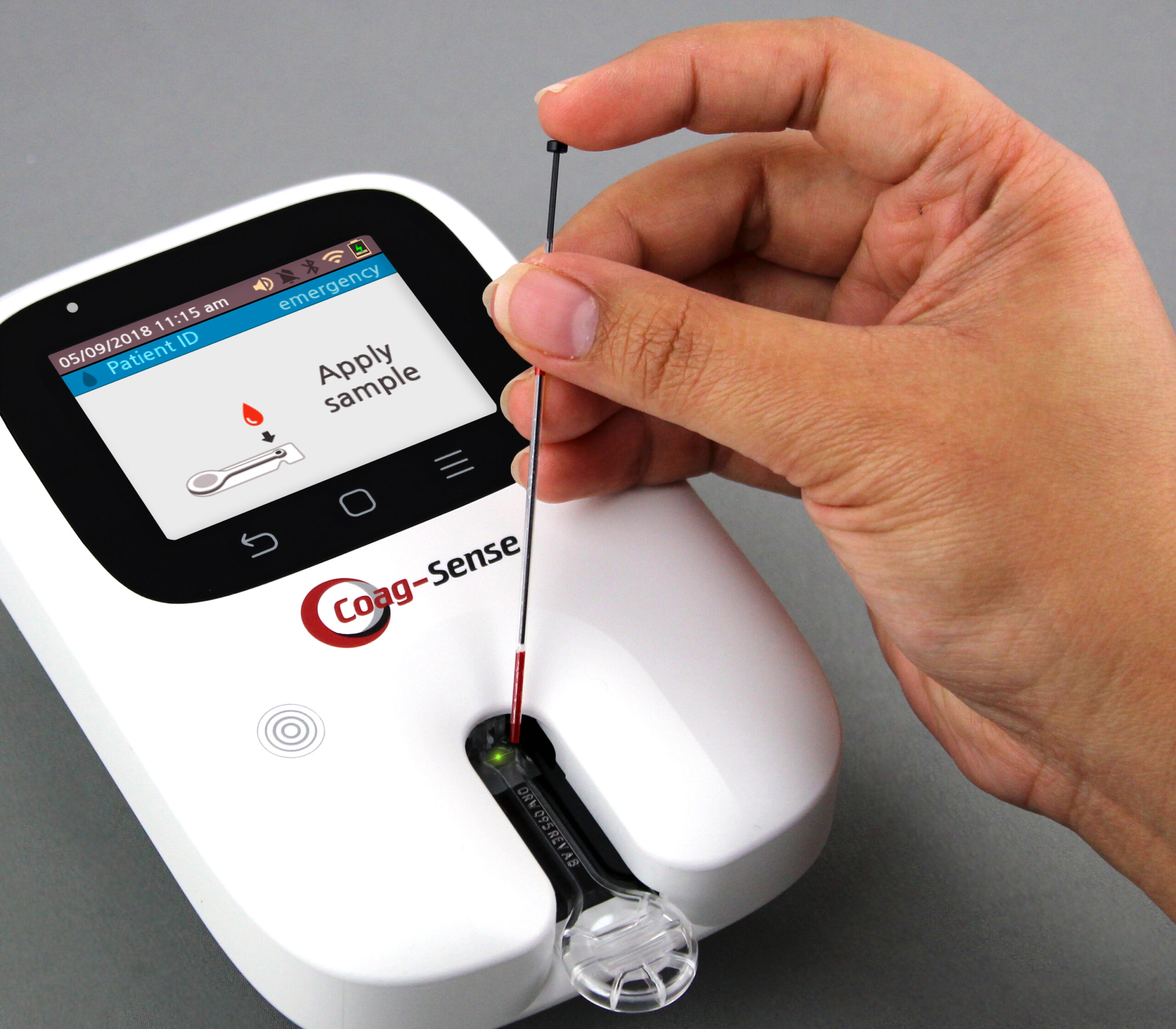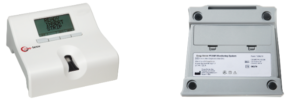What is a PT test and what makes a PTT test different? Why do we use them and what do they measure?
PT and PTT Tests
A prothrombin time (PT) test measures the time it takes for blood to form a clot. Most labs will report PT test results using INR (international normalized ratio) which is a calculated measurement that adjusts for laboratory test variances. Alternatively, a partial thromboplastin time test (PTT) checks for coagulation factor abnormalities in plasma instead of whole blood.
Normally, the clotting cascade following an injury involves proteins called clotting or coagulation factors. One clotting factor, prothrombin, is produced by the liver and combines with other substances to form a blood clot. Low prothrombin levels can cause excessive bleeding, whereas high levels can cause dangerous clots to form in arteries or veins. As a result, patients prescribed warfarin require regular monitoring.
Scheduled Use of a PT Test
A PT test is regularly scheduled to monitor prothrombin levels for patients taking warfarin which is a blood thinner. Warfarin aids in the prevention of blood clots and resulting conditions like deep vein thrombosis or pulmonary embolism. To monitor patients, a PT test may also be ordered to:
- confirm normal clotting function before a surgical procedure
- assess the reasons for abnormal blood clots or excessive bleeding
- discover liver problems
Medications and Foods that Impact PT Test Results
PT test results can be impacted by medications, supplements, food, or alcohol. Offending medications include some antibiotics, barbiturates, oral contraceptives, hormone replacement therapy, aspirin, heparin, and antihistamines. Supplements that should be avoided include Vitamins C and K. In addition, foods with high levels of vitamin K such as beef and pork liver, green tea, chickpeas, kale, turnip greens, broccoli, soybeans, and asparagus should also on the list of items to avoid.
The Coag-Sense® PT2 System
To monitor patients on warfarin, use the Coag-Sense® PT2 Meter. In a few minutes, PT/INR results are available for medication management. The normal INR range is 0.8 to 1.1 however, the therapeutic range for a patient on warfarin is 2.0 to 3.0. This meter reports a PT time that is the actual clot time using our patented direct clot technology for accurate, reliable results.



